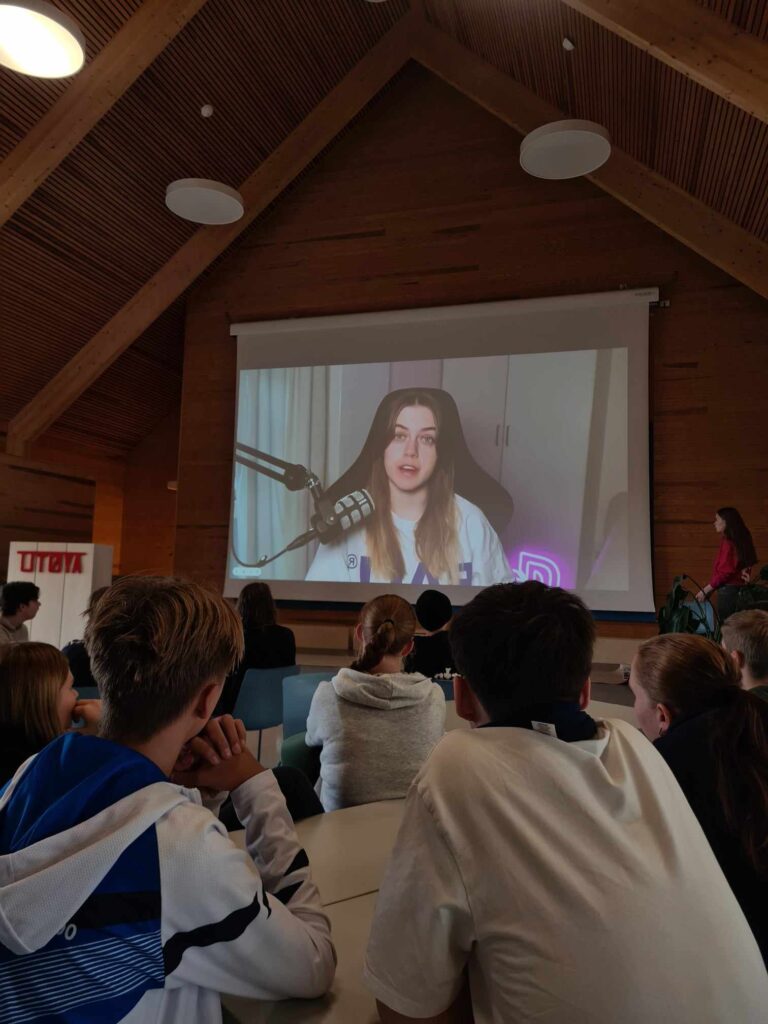Theo (17): “Young People Hold Massive Influence“
Young people must be reached where they are. So when teenagers spend much of their lives online, how do we bring democratic values into digital spaces?
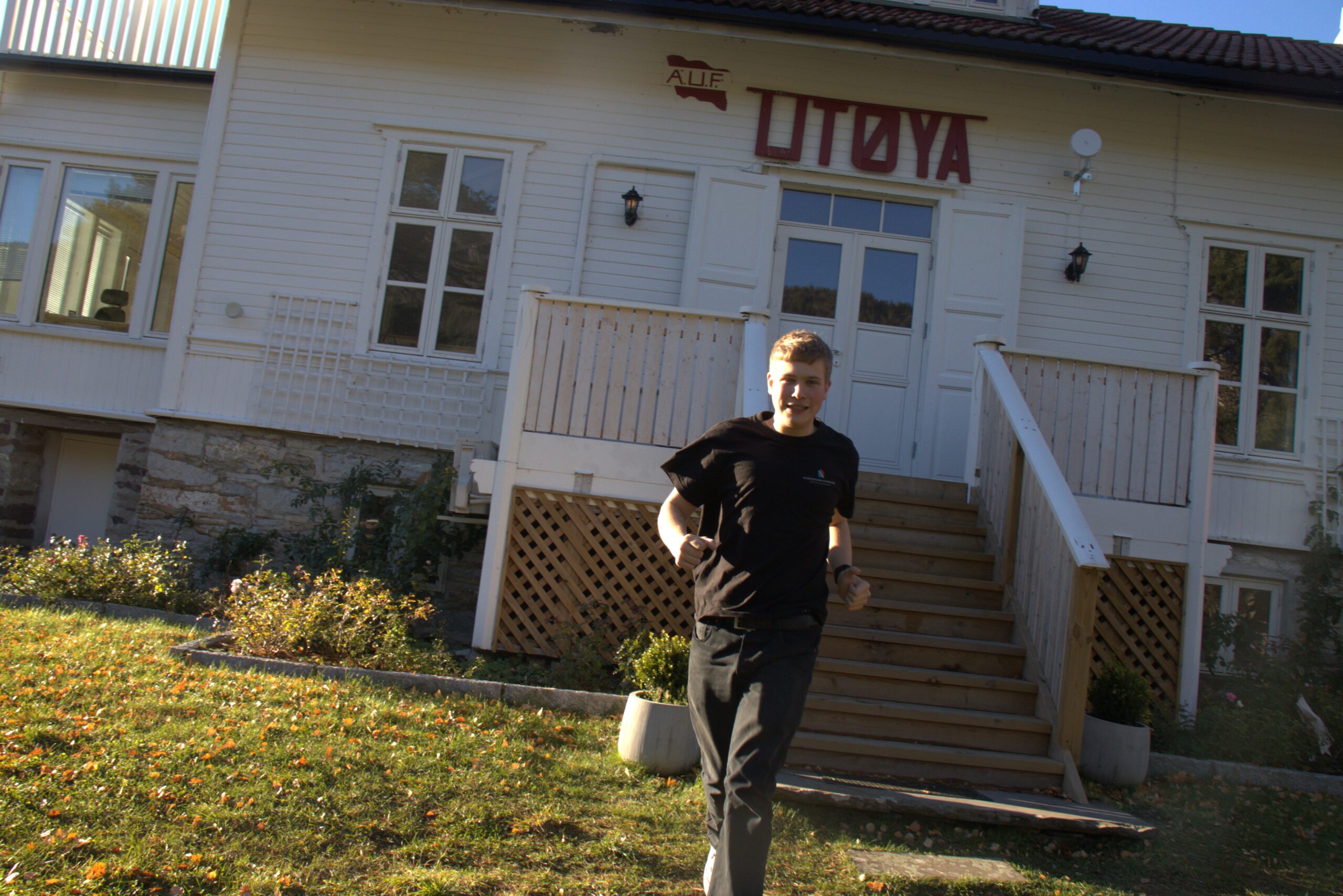
By Veslemøy Maria Svartdal
“Democracy isn’t just under threat in the physical world,” says Mahira Karim, advisor at the Youth Department of the European Wergeland Centre. “The most serious threats often emerge in the digital space. Hate speech, misinformation, and disinformation are widespread, and many of us are trapped in echo chambers. It’s vital that we tackle the threats to democracy present online.”
Gaming and social media are central to the lives of many young people. While the average Norwegian adult spends about four hours online daily, teenagers spend an average of seven and a half hours. Surveys from other European countries show similar trends.
Young people spend this time scrolling through endless social media feeds, gaming with peers across the globe, using digital tools for schoolwork, and finding both entertainment and news online. For many, gaming serves as a sanctuary—a space for achievement, community, and friendship.
But online discourse is often far harsher than conversations that take place offline. Hate speech and extreme humour—pushing the boundaries of what’s acceptable—have become normalized.
PHOTO: Lina Hindrum
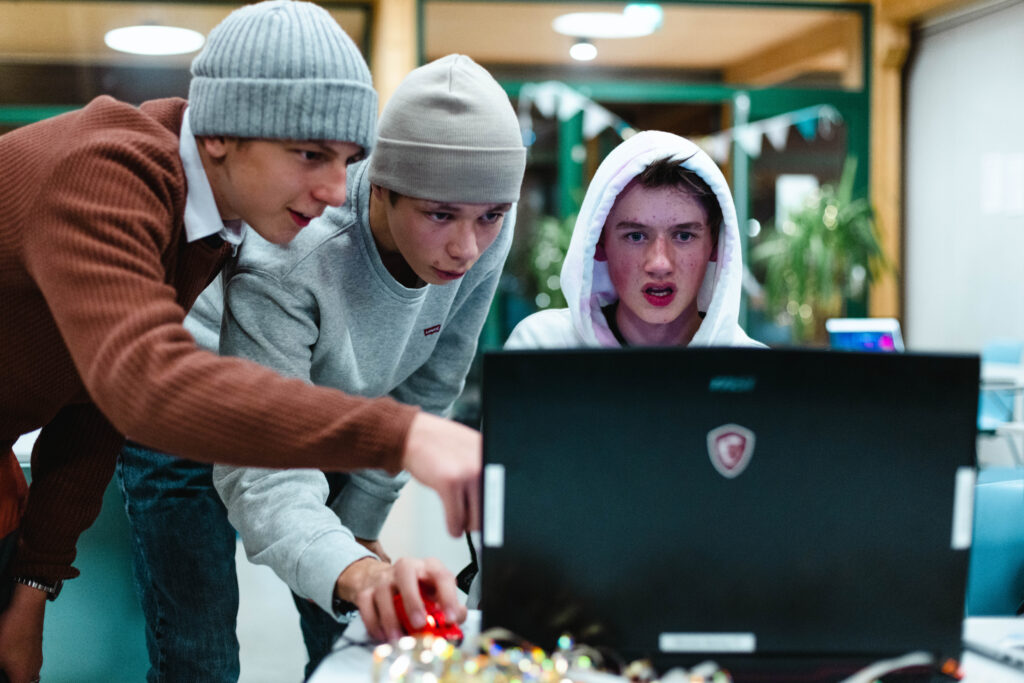
Since 2019, through the project Youth Who Are Changing the World, the Wergeland Centre and its partners have invited youth councils and youth clubs from across Norway to take part in democracy workshops at Utøya.
For decades, Utøya has been a key site for youth engagement and political dialogue—but it was also the scene of the 2011 terrorist attack that killed 77 people because of their political beliefs.
At the Democracy Workshop, young people experience first-hand what it means to participate in and shape a democratic society. They receive practical tools to help them contribute meaningfully in their local communities.
The current phase of the project focuses on youth councils and unorganized youth with a shared passion for gaming.
“The Youth Who Are Changing the World project allows us at the Wergeland Centre to connect with young people beyond the schoolyard,” explains Mahira.
“We’ve long provided well-established learning programmes for teachers and students in lower secondary schools. But we also know that young people are active and engaged in many arenas beyond the classroom. They care deeply and want to have a real voice. That’s why this new phase targets youth councils and digitally active young people.”
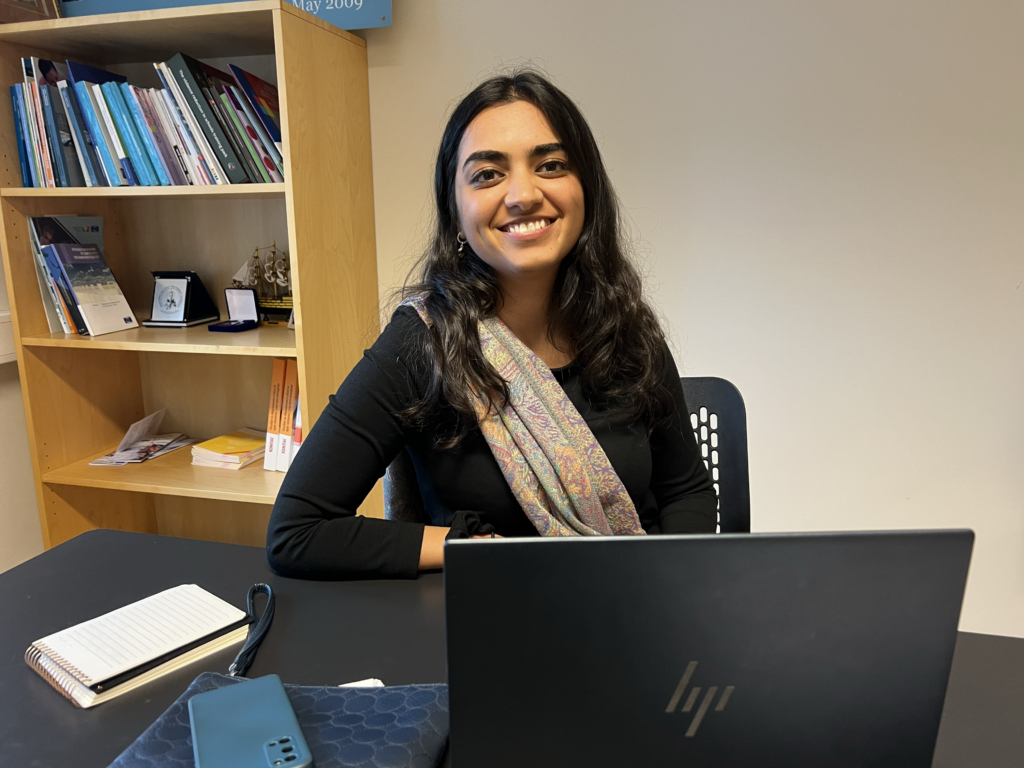
Last year, 18 young gamers travelled to Utøya to explore both the challenges and possibilities for democracy in the digital world.
PHOTO: Lina Hindrum
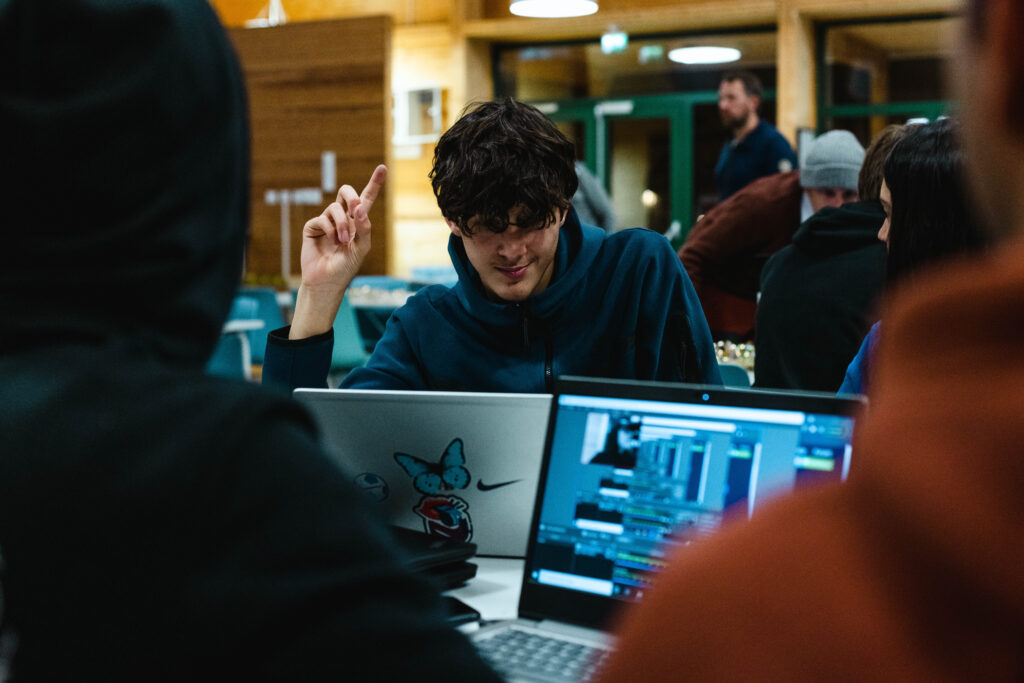
They were among 480 young people who took part in Wergeland Centre activities in Norway in 2024.
The aim was to provide a space where they could learn to navigate the internet more responsibly—and to bring democratic values into digital spaces.
“Children and young people are often met with prejudice for spending so much time in front of screens. We work to challenge those stereotypes and highlight the positive sides of gaming and internet use,” says Mahira.
“At the same time, we acknowledge the serious challenges. It’s important for us to show that we’re not working against young people—but alongside them.”
Lost an Important Meeting Place
Before the young gamers’ gathering, a group of teenagers helped plan the event to ensure it reflected their needs and expectations.
One of them was 17-year-old Theo Melaas.
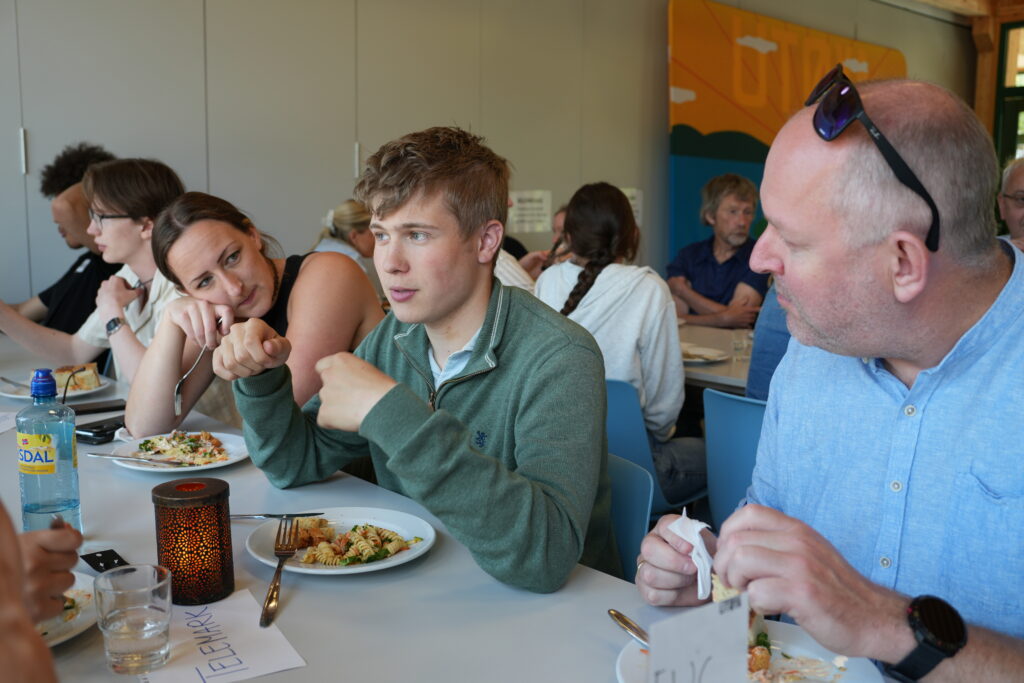
“Teenagers have enormous influence in their local communities—even if they don’t always realize it,” he says enthusiastically.
Theo is a member of the Porsgrunn Youth Council and has long been active in his local community. His passion for volunteering started at Bakgården, a popular youth club in downtown Porsgrunn.
In March 2023, the building was completely destroyed in a fire—just hours after Theo had been there.
“When our youth club burned down, we lost an incredibly important meeting place. We lost everything: a great youth centre with a café, a gaming room, a music studio, and a black box theatre.”
But the municipality quickly secured a new space, and Theo—along with other teenagers—took the lead in renovating and preparing it for reopening.
“That experience also gave me the idea to start a youth club council,” says Theo. “A place where young people can share ideas and have a direct say in the club’s services. Today, I’m the club council coordinator for Porsgrunn Municipality. I never would’ve had that role if I hadn’t gotten involved in my community.”
Theo also collaborated closely with Mahira during the planning of the 2024 Young Gamers gathering.
“We wanted to combine democracy learning with fun evening activities like Mario Kart tournaments and board games. The goal was to offer young people a unique way to learn about the 2011 terrorist attack and the importance of democracy—something more personal and engaging than what they might experience in school,” he says.
PHOTO: For Theo, bringing young people from his municipality to Utøya remains a priority. In 2025, he joined a special gathering with county youth councils, the Norwegian Association of Local and Regional Authorities, and local politicians. It was his third visit to Utøya.
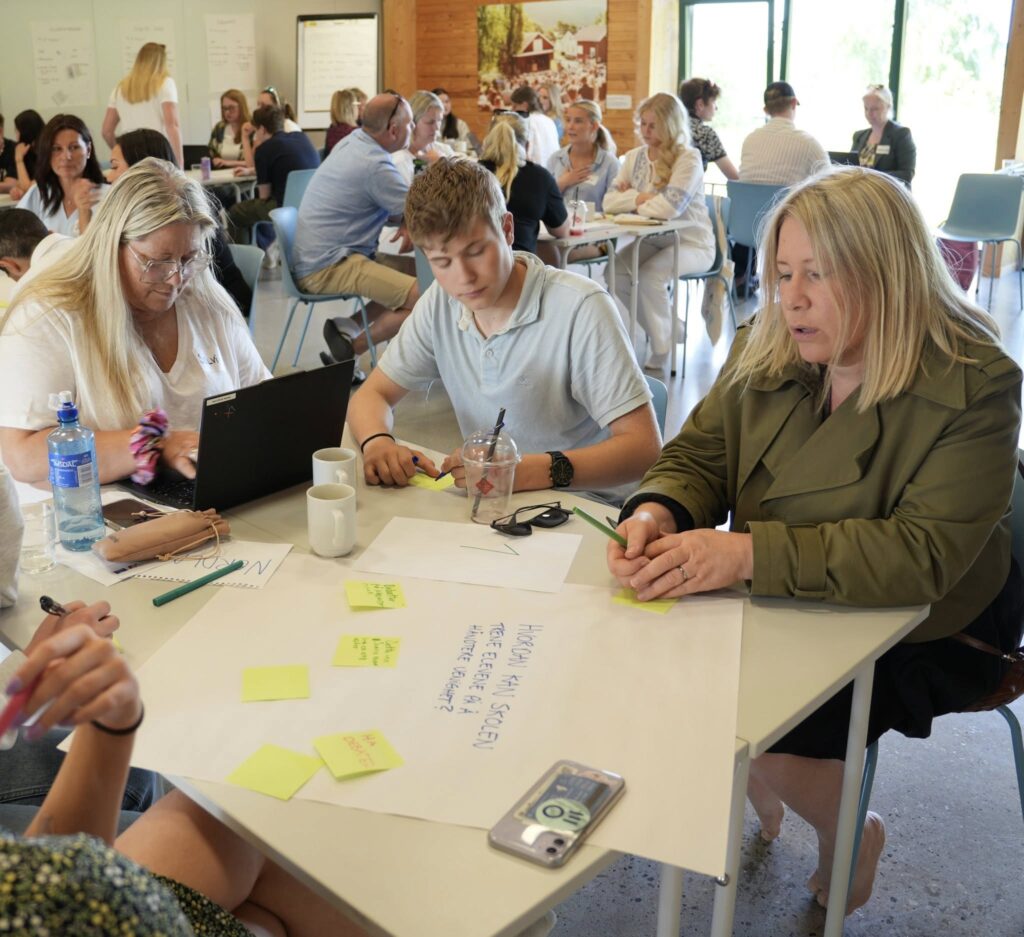
For Mahira, inspiring the passion and engagement of teenagers like Theo is at the heart of the Youth Who Are Changing the World project.
“When we began planning last year’s event, we were looking for young, passionate voices to work with. Theo was involved from start to finish. He attended meetings, shared ideas, and gave input on everything—from content to free-time activities. Including youth in every phase of the project was essential.”
A Democratic Awakening
Mahira firmly believes that the future of democracy depends on young people getting involved.
“Democratic participation often happens through formal channels where adults set the terms. But democracy isn’t just about systems—it’s about culture. Young people need to believe they can make a difference. And there’s a lot you can do before you turn 18 and cast your first vote.”
For many participants, the gatherings at Utøya are the first time they truly reflect on what it means to be part of a democracy.
“At the Young Gamers gatherings, we meet young people who are mostly focused on having fun. They often don’t think democracy has anything to do with them—and that’s something we want to challenge. We always make the connection between the physical and digital worlds. By the end of the weekend, that connection is clear. For many, it becomes a kind of democratic awakening,” Mahira says with a smile.
Youth Who Are Changing the World is supported by the Norwegian foundation Sparebankstiftelsen DNB. In spring 2025, the Wergeland Centre received an additional NOK 8.4 million in funding over three years—ensuring this vital work with youth continues.
